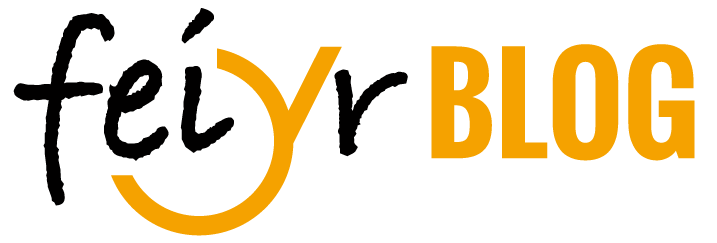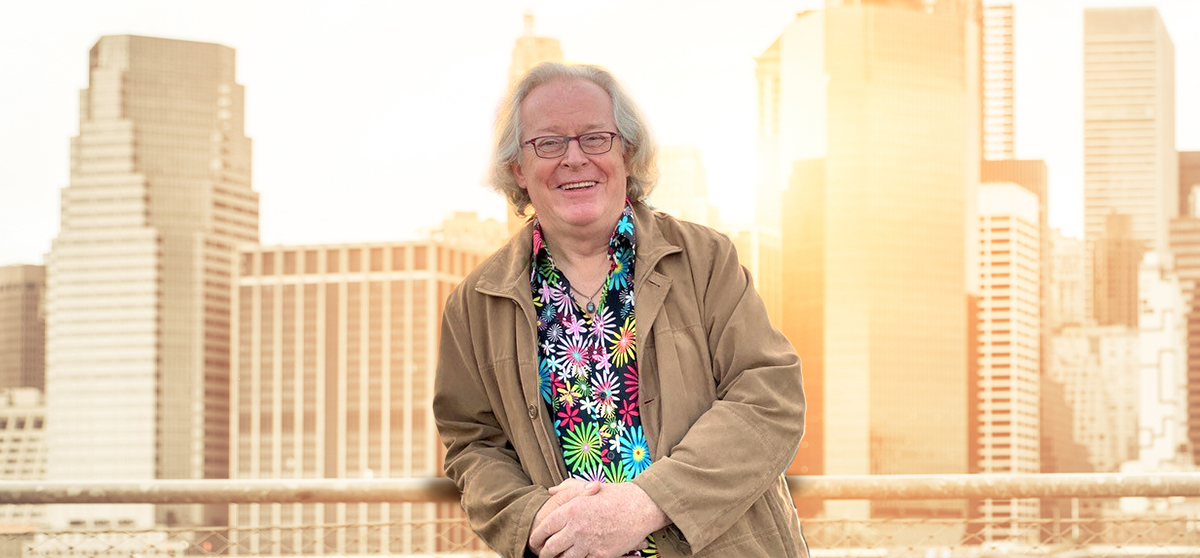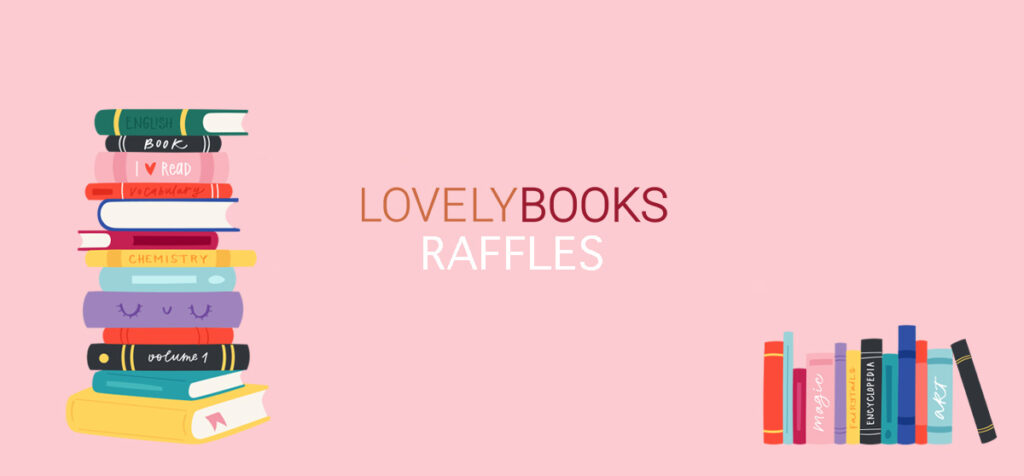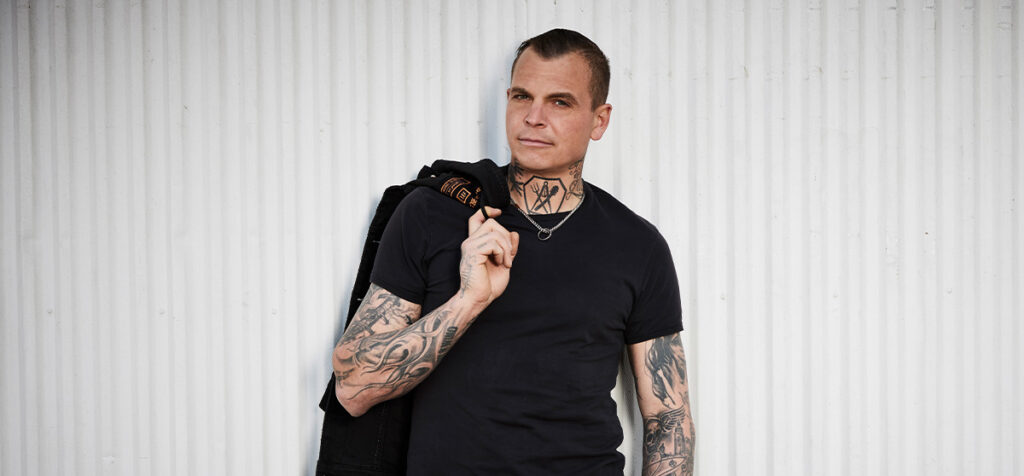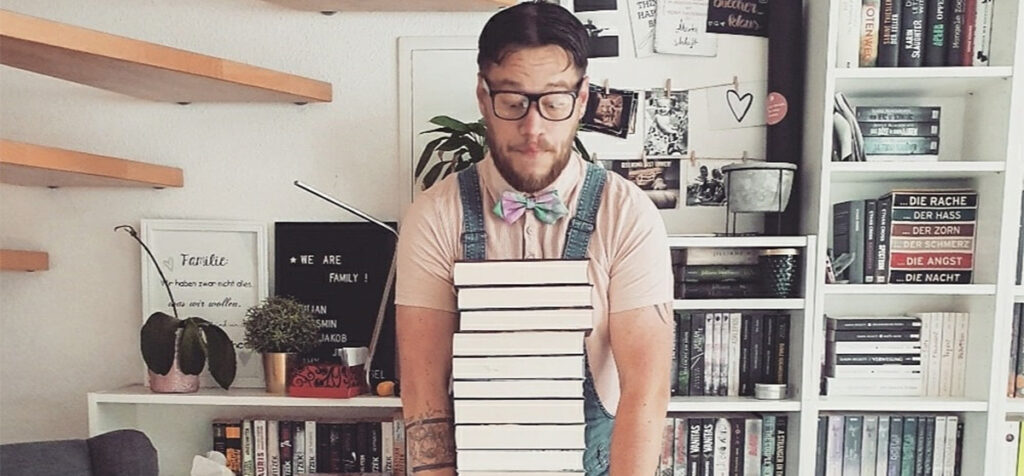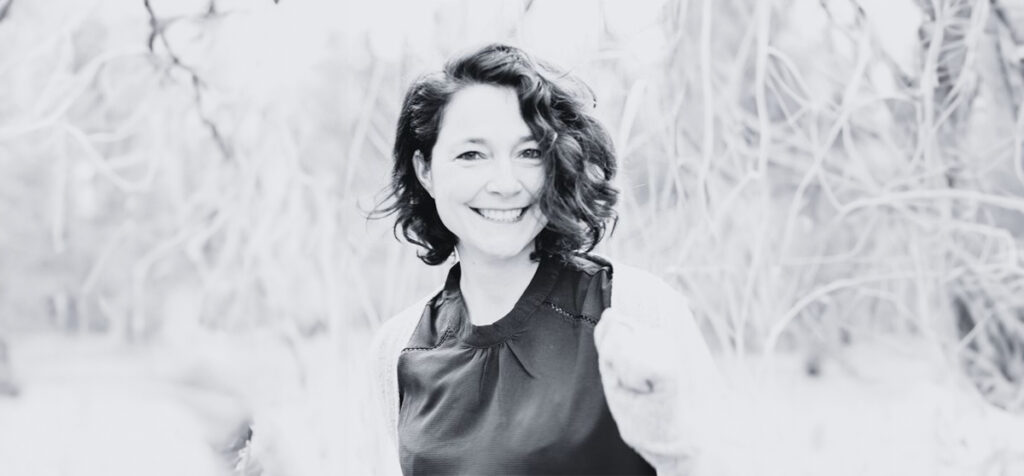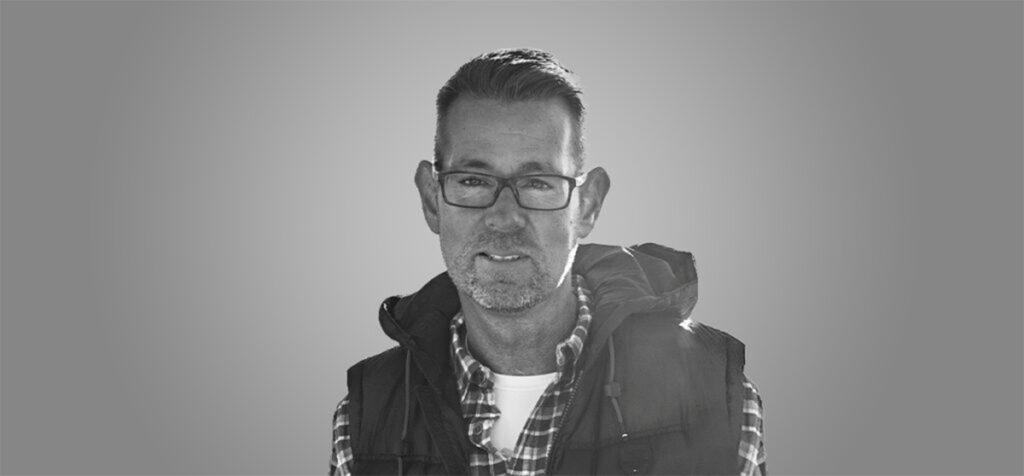Wilhelm Ruprecht Frieling is a German author and publisher known for his unconventional non-fiction books and volumes of reportage. He is considered a pioneer and icon of the author scene.
How did you get into writing?
There is a reprimand in my third grade school report: “Ruprecht secretly writes poems under the bench.” I had forged passionate verses for much-loved classmates and quasi-automatically later became founder and editor of the school newspaper “Utopia” at the grammar school in my hometown of Oelde.
I didn’t start writing professionally until after my studies and training as a photographer. I noticed that the editors to whom I supplied pictures liked it when a caption was included. I saw this as an opportunity and started offering articles that the editors didn’t have to work with. This developed into complete newspaper pages and large-format reports for magazines, some of which I illustrated with my own pictures. The magazine publishers grew into a book publishers who collected the high-quality material to publish illustrated books and non-fiction. And I always had a foot in the door.
From being a photographer, I thus became a freelancer for daily newspapers and learned a lot as a trainee, editor, local editor and finally editor-in-chief of a popular magazine. As an author, I have since written more than 40 books. Two of them became bestsellers with a circulation of more than one million copies each.
The leap to my own publishing house was now not far away, and so I subsequently worked as a publisher for twenty years, looking after more than 10,000 authors. Now retired, I am active as a publishing consultant, talent scout, speaker and author in my own right.
It was on this ladder to heaven that I came to write and entered the labyrinth of books that fills my life.
What does it take to write and publish a book?
That depends on the genre. In non-fiction, appropriate knowledge and preliminary studies are important to be able to write soundly. In fine arts literature, fiction, on the other hand, you need imagination, a plan and the ability to narrate in writing.
In any case, calmness, concentration and a strong will to finish the work in a meaningful way are essential. This is probably often the highest hurdle for people who actually have to do a completely different bread-and-butter job and perhaps also look after a family or children. A balanced partnership becomes particularly important in this case.
Which marketing tools do you think are most effective?
You should have a clear picture of your own role as an author and work consistently on profiling your own brand. In my guidebook “How do I use a pseudonym properly?” I describe the importance of one’s own brand nowadays. This is part of image promotion.
In order to be able to present one’s own brand without friction losses, one can use one’s own homepage, the rights to which should not be held by third parties. A regular newsletter reaches readers, fans and friends and informs them about what is currently on the author’s mind. At the same time, it is a sales channel that promotes new books. This product promotion tool can be highly effective.
Social media channels are extremely hackneyed and change rank quickly. Facebook used to be at the forefront, but is now pretty much out. Fast media like TikTok and image-related ones like Instagram will eventually be cannibalised by others. The only thing that really matters is to provide at least one channel, i.e. to fill it regularly with information and to gain experience with it. That would be a public relations tool.
In other words, it’s about building a strong brand that recommends products in a targeted manner and in doing so repeatedly draws public attention to itself.
What is the biggest mistake a new author can make?
The biggest mistake would be to underestimate your reader. Readers are authentic, intelligent, thirsty for knowledge, curious, creative, open-minded, colourful and have a great sense of humour. Readers have a wide range of expectations and want to be served. If this works, they are loyal and become regular readers and fans.
Another common mistake is not researching one’s own subject area in detail beforehand. It is actually one of the first steps of a conception to examine similar products and thus find more reasons for the necessity of one’s own text. This then leads to the formation of the USP, the unmistakably special feature of a work. My guidebook “Author Seeks Publisher” deals with this complex of topics. I also explain why an author has to go for a walk in his reader’s head.
How can you improve as an author?
My answer is: “Nulla dies sine linea” – “No day without a line”. This is to say the importance of the daily rhythm of writing. Even if it is only a diary entry or a small poem, the main thing is to write.
Reading has a similar significance. The more I read consciously, the broader my linguistic horizon becomes. I get to know different approaches and detect mistakes that I want to avoid in my own work. Reading builds language awareness immensely.
An excellent exercise that has been cultivated by all the greats of literary history is writing reviews, that is, writing book reviews. I have created a portal for this with Literaturzeitschrift.de in order to qualify myself in this discipline.
What is the best way for authors to network? Can you recommend any particular forums?
There are hundreds of forums and groups on Facebook, Telegram, Signal, WhatsApp, XING, Linkedin and Clubhouse. All of them suffer from being abused as potential book buyers and feeling annoyed when newcomers ask the same questions over and over again instead of searching the group first.
I maintain accounts all over the place and try to comb through everything for interesting things without a huge effort. With this question, everyone should decide according to their gut feeling what is good for them and what they use.
How do you think the book landscape has changed in recent years, where is it going in the future?
We live in the “age of implosion”, also called the “electronic age”, which began with Web 2.0. The book market has been opened up by the technical development of e-books and the introduction of self-publishing. As a result, vast numbers of books are coming onto the market that would otherwise not exist. Nevertheless, the financially strong companies have an advantage because they generate much greater visibility through intensive audience advertising. This makes it more confusing for the reader.
The electronic age will confront us with completely new forms of reading. What we currently call e-books is only the very first step in development. The classic book in its bound form is dissolving; texts are increasingly interacting with images, sounds and interactions. Reading becomes a communal process in which the individual reader no longer browses in a quiet closet, but comes into contact with people who are also reading or have read the book and communicates with them. In future, the reader will have a say in what happens in a novel.
The role of the author will also change more in this process than is currently imaginable. We will soon have tools like a “bestseller writing app” at our fingertips that will enable the customised writing of books that are directly tailored to the reader’s needs. Machines are already writing shorter journalistic texts, and soon robots will be writing prose. Completely new, previously unthinkable tasks and challenges await flesh-and-blood authors.
Finally, the relationship between reader and reading material is becoming different: we are now being “observed” by the books we read digitally: The reading speed, the frequency of turning pages, the underlining (marking) of text passages are recorded by readers and apps, transmitted to the corresponding platforms and evaluated there. – Yes, what for? – This data is valuable because it provides precisely measurable information about reading behaviour, which in turn can be incorporated into new book projects.
Recently your new book was published by Kampenwand Verlag: “How authors can actively use their unconscious powers”. What powers is it specifically about? Feel free to tell us more about it.
“Man”, according to Nietzsche, is “a being, hanging on the back of a tiger in dreams”. With the help of the right keys, he can leave his room of consciousness and descend into abysses to seek the fires of the unconscious. Beneath the surface of his waking consciousness he can find what he is looking for and open up hidden dimensions.
My guidebook for creative minds motivates authors to consciously find themselves, to overcome fears and to open inner barriers. It helps to actively use unconscious forces and thus to write better texts. I describe how to overcome inner barriers, refine skill into art and walk in the mind of potential readers to grab the listener.
Writing and publishing is ultimately also a matter of the inner man. In my experience, self-confidence is the deciding factor!
